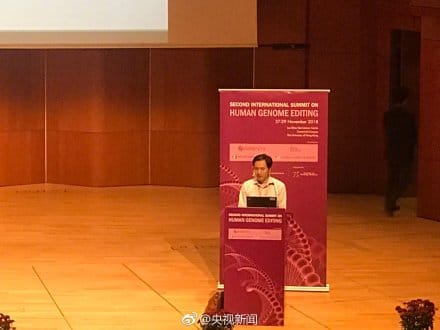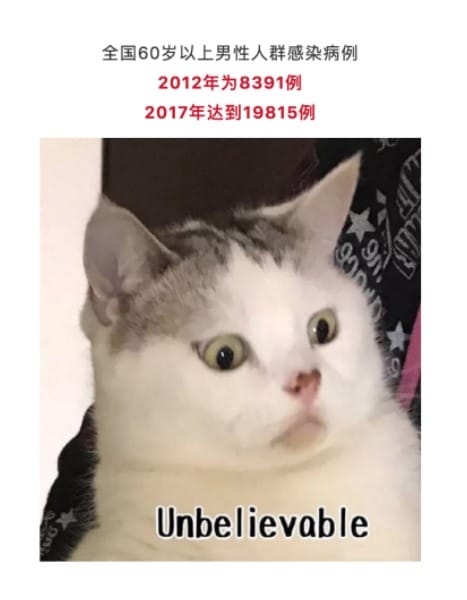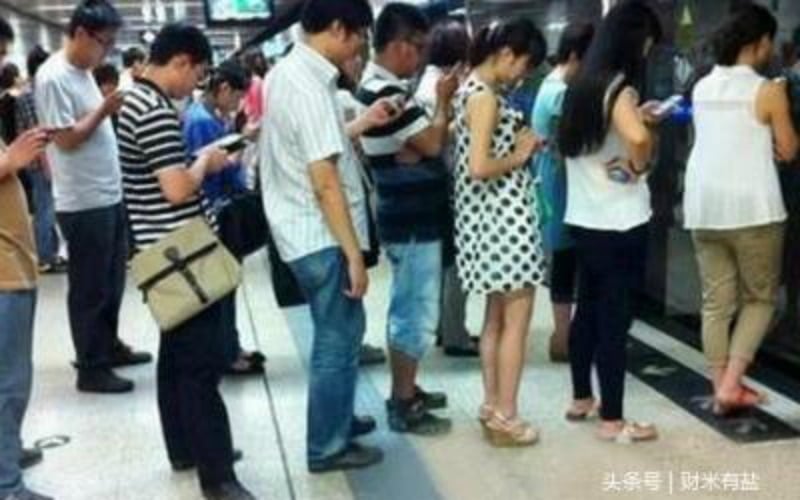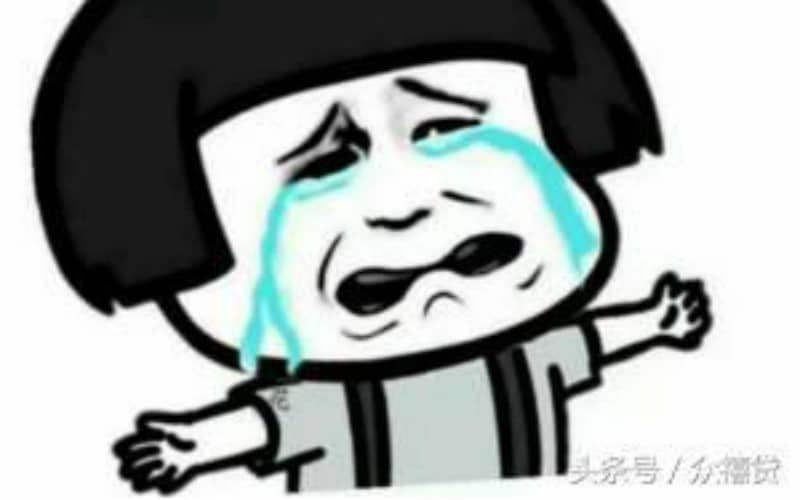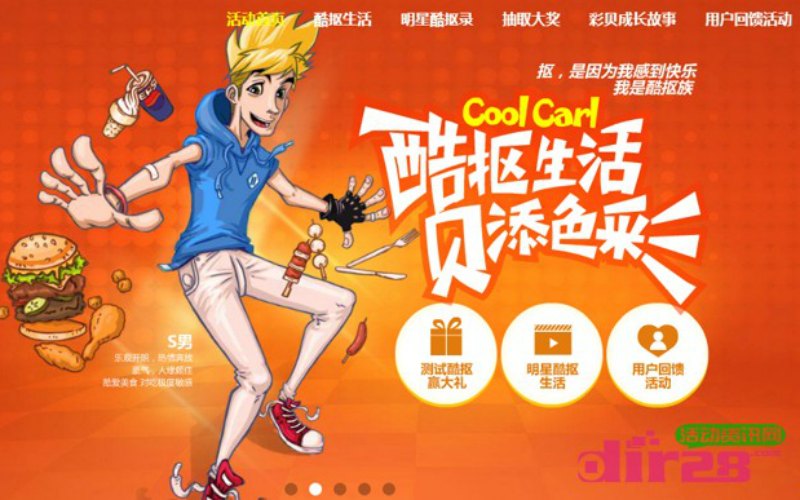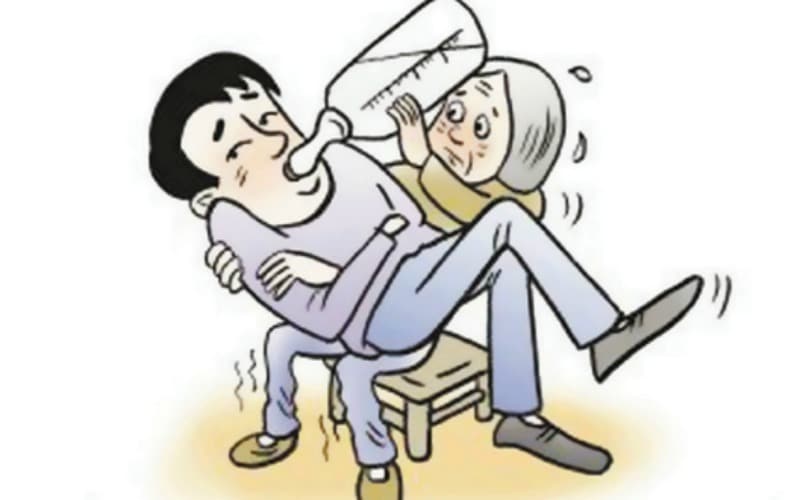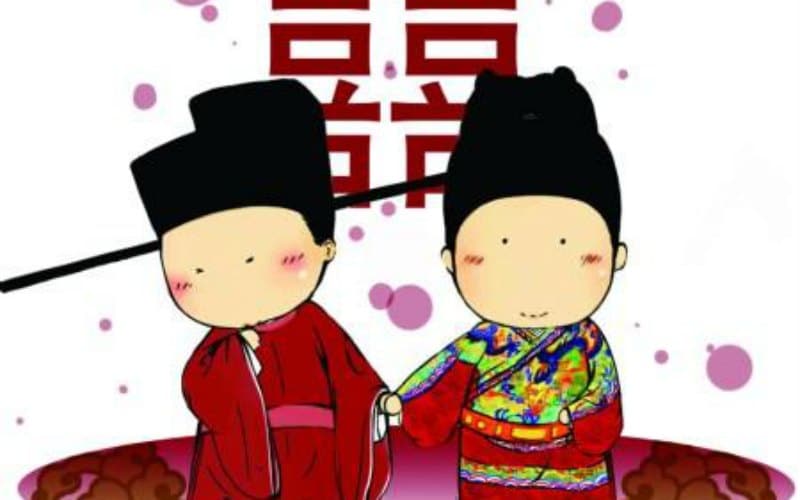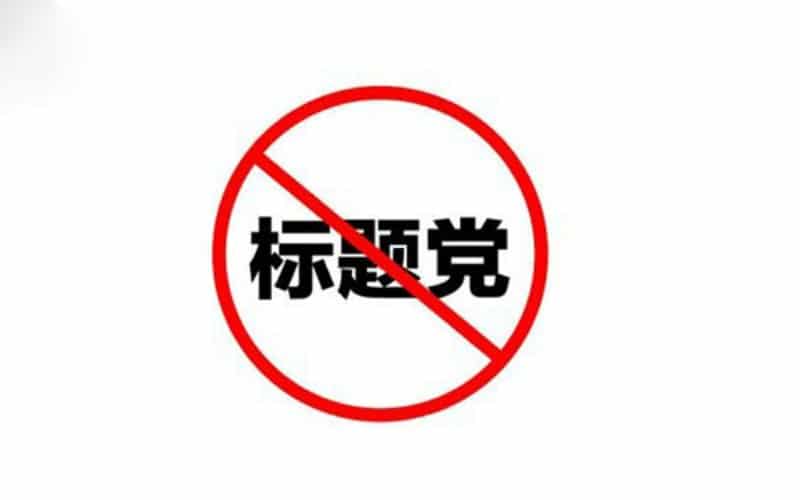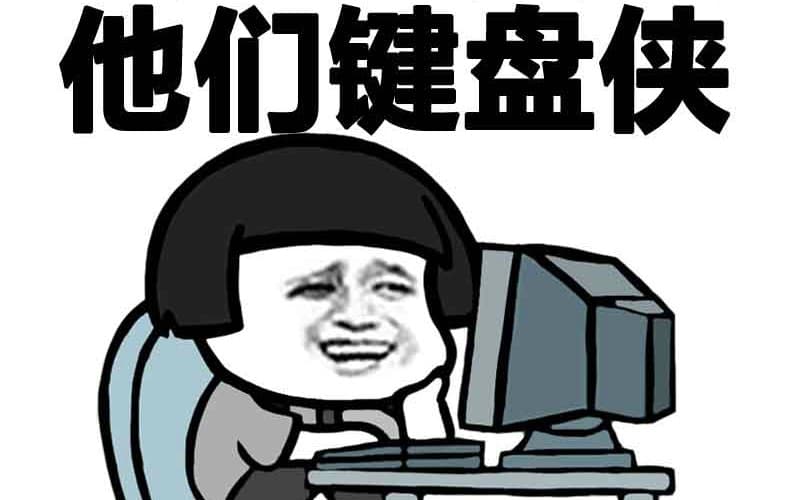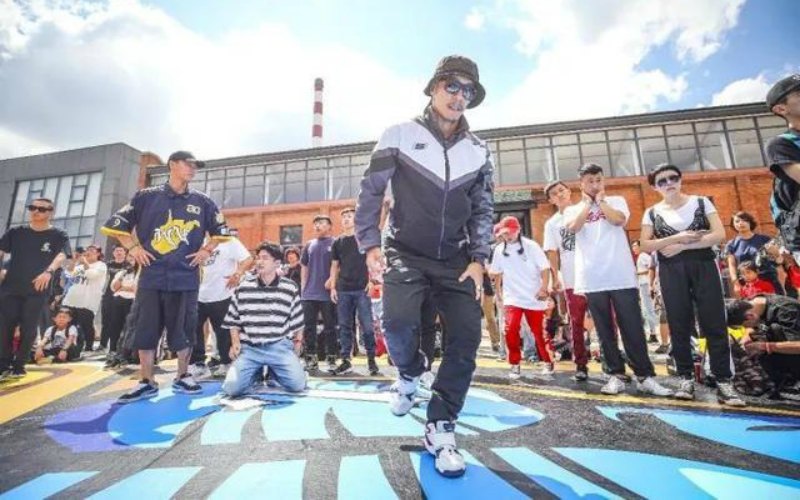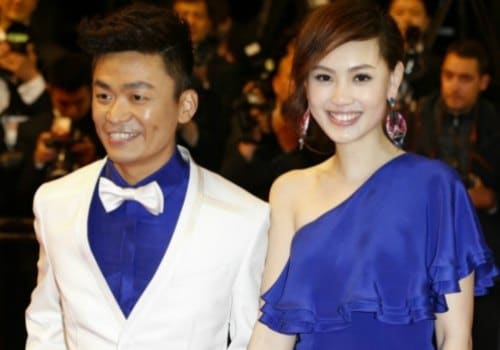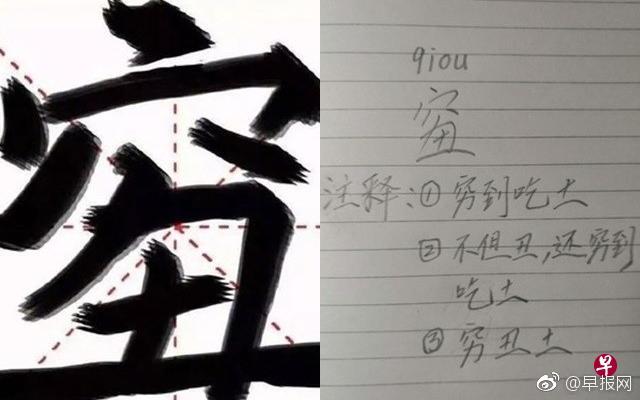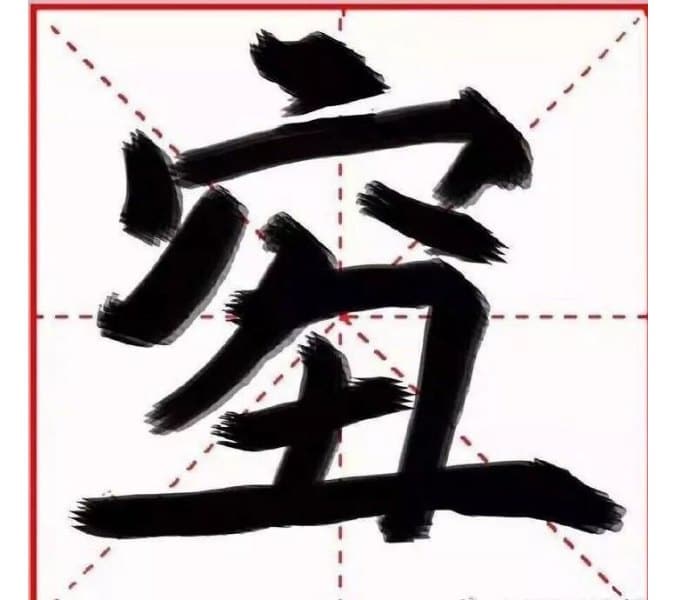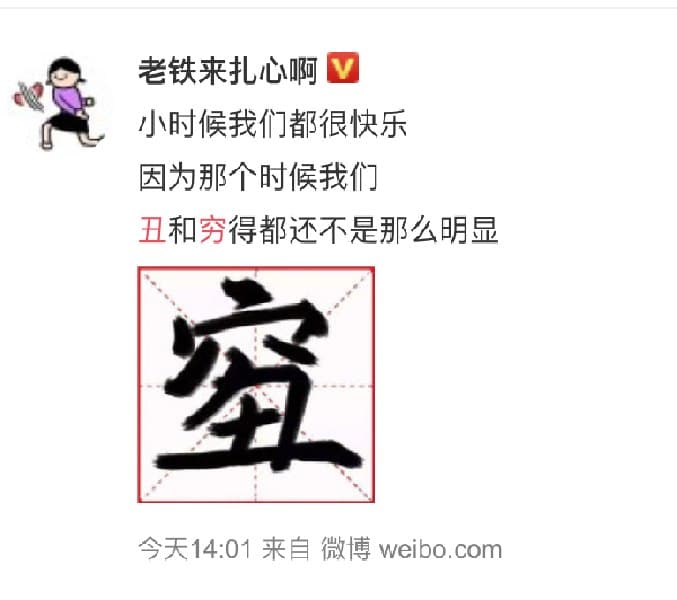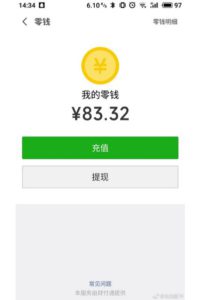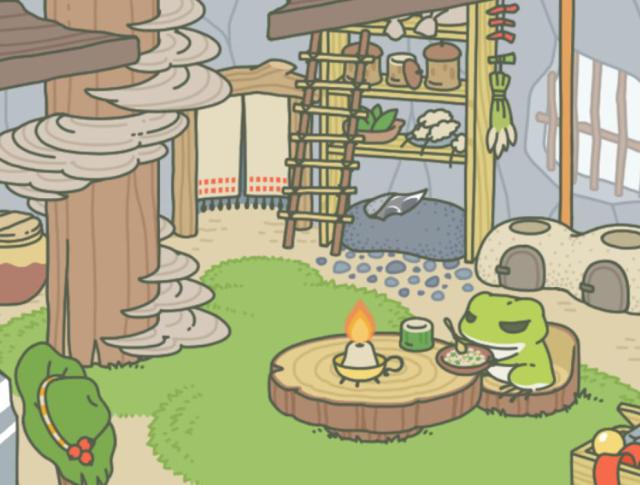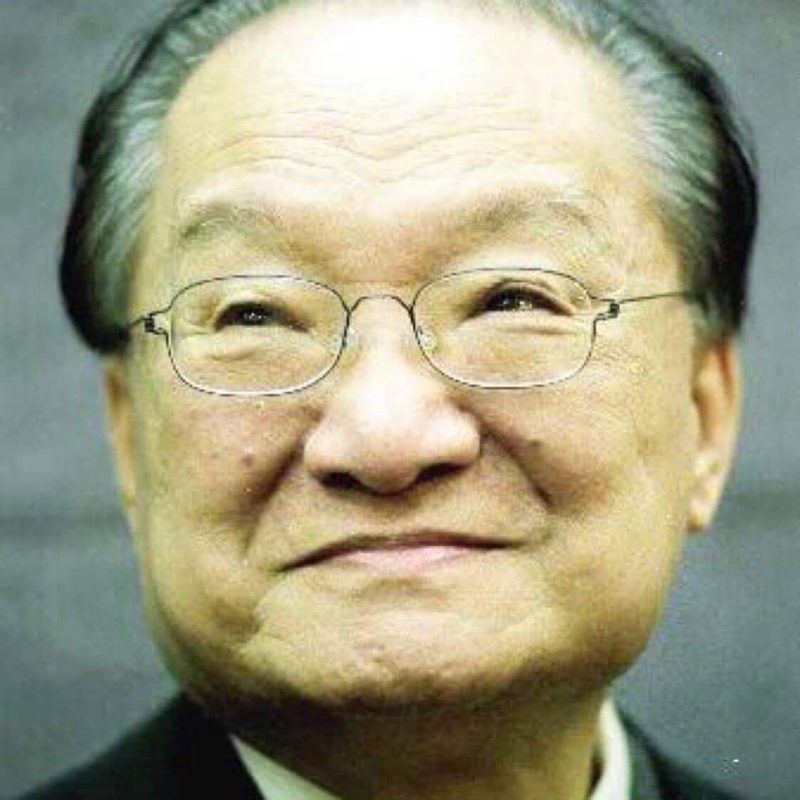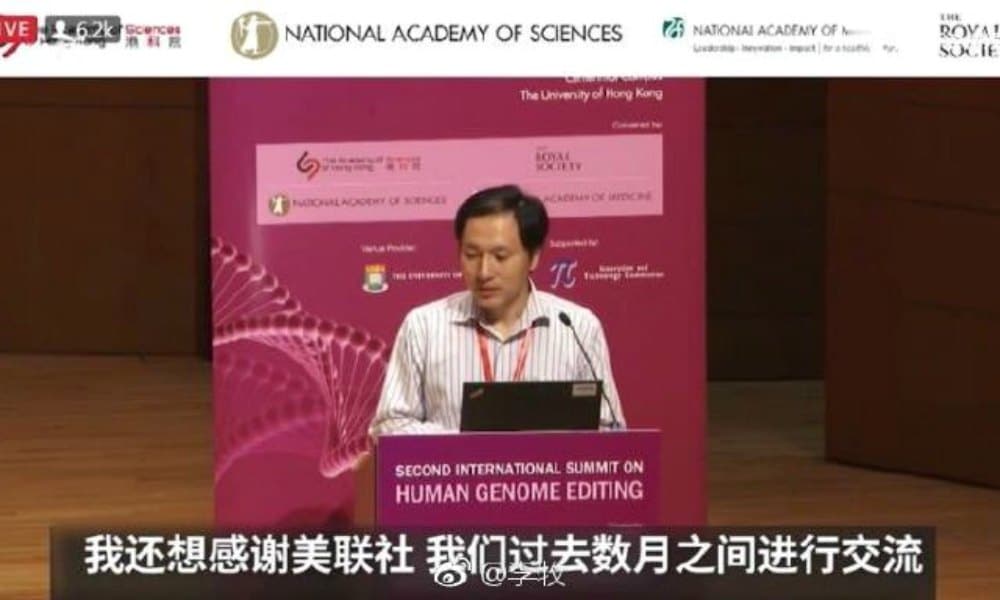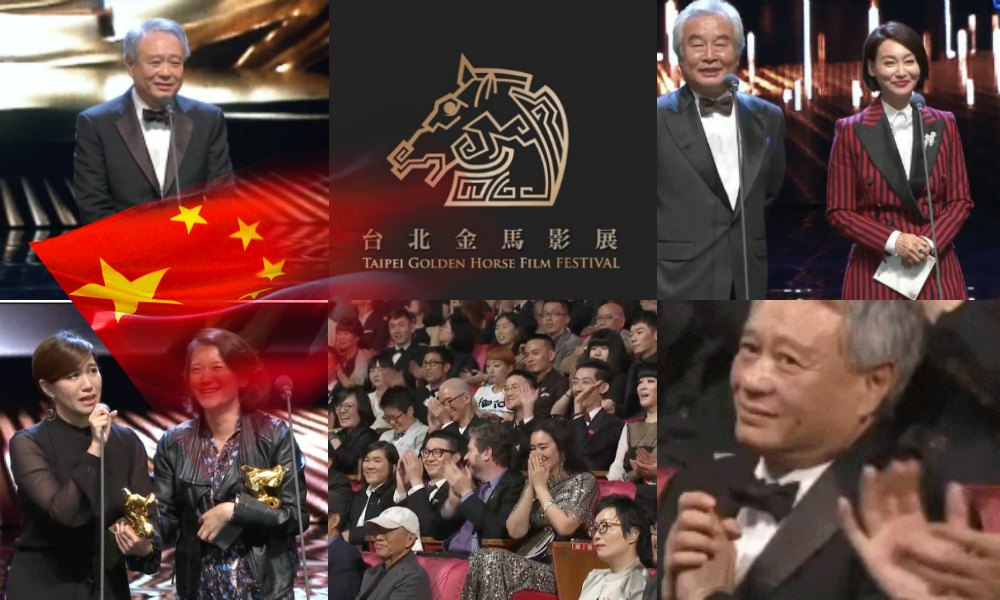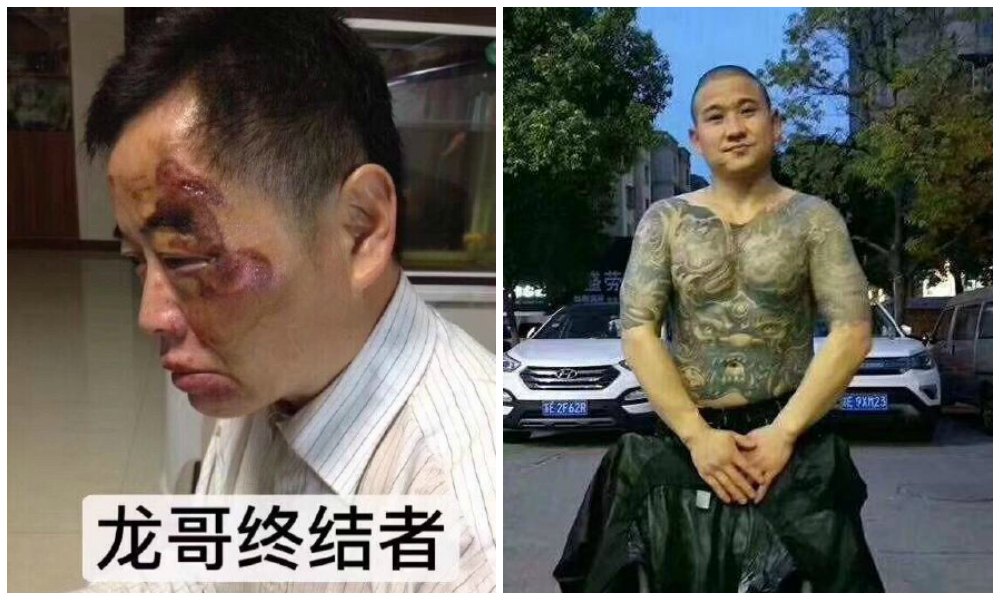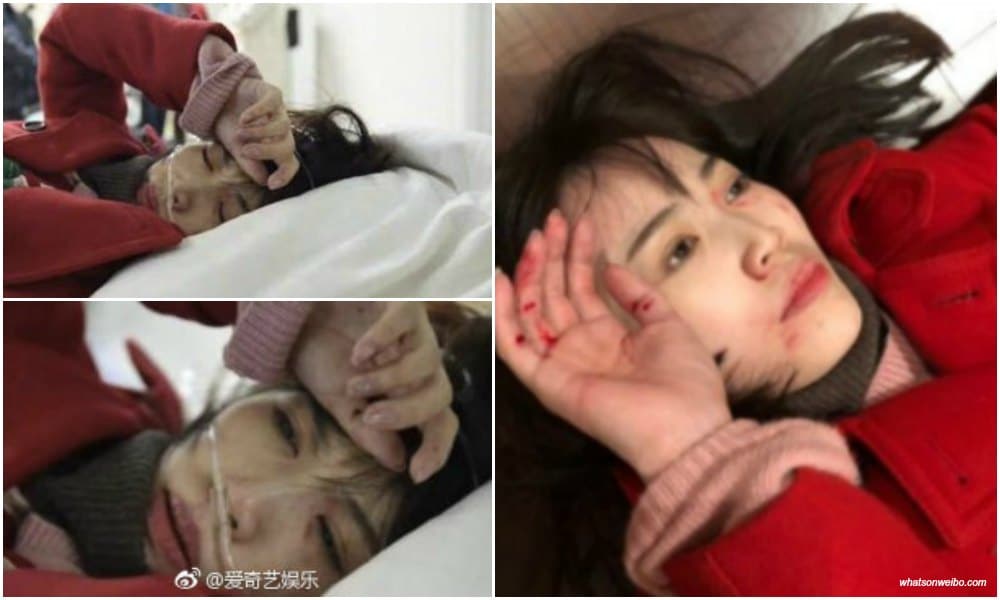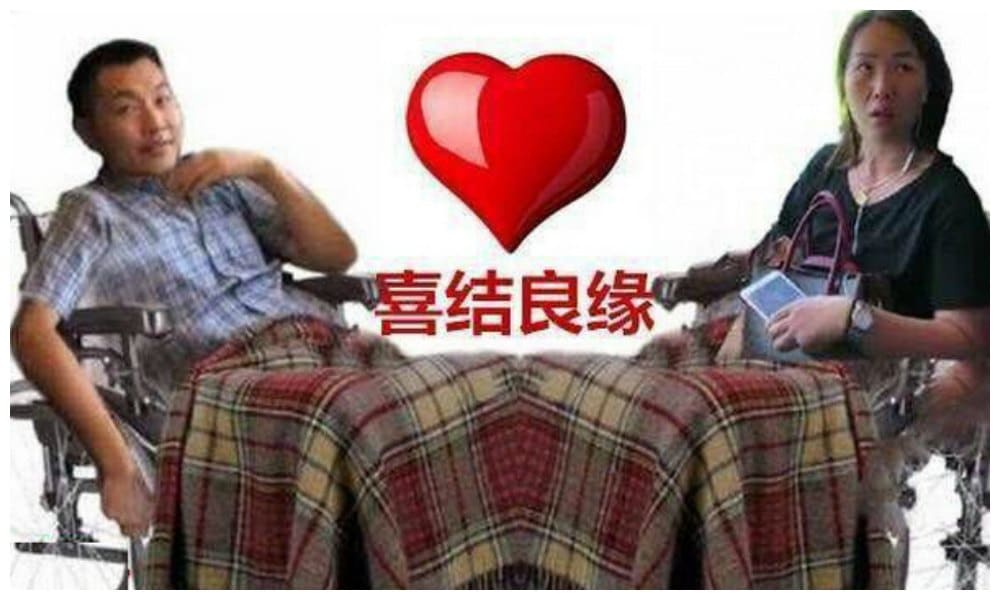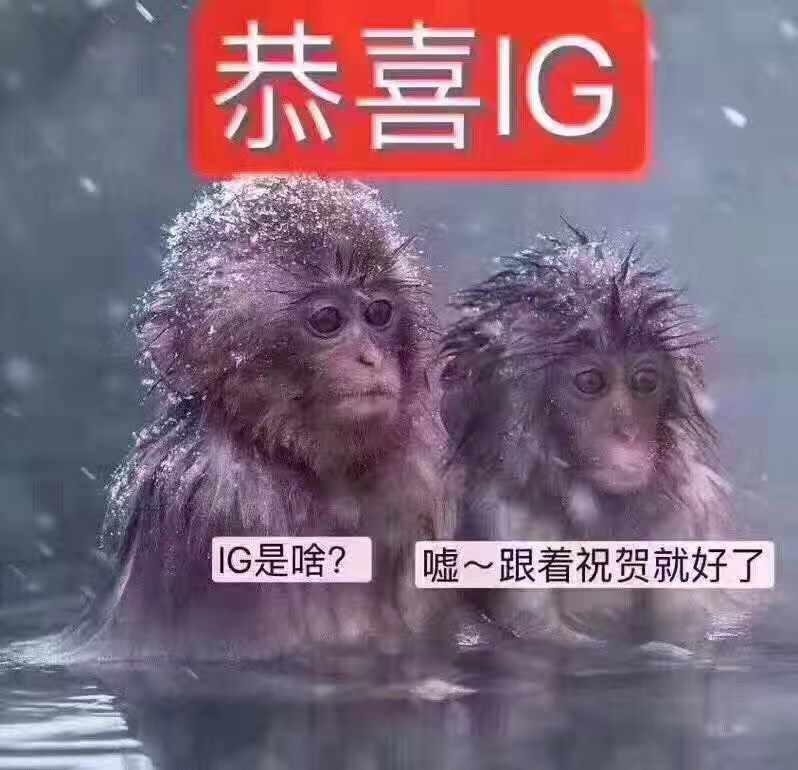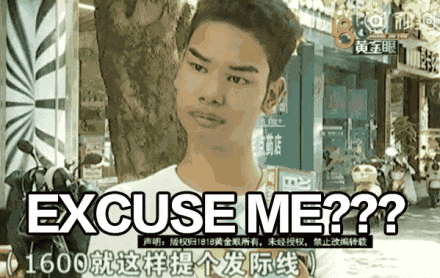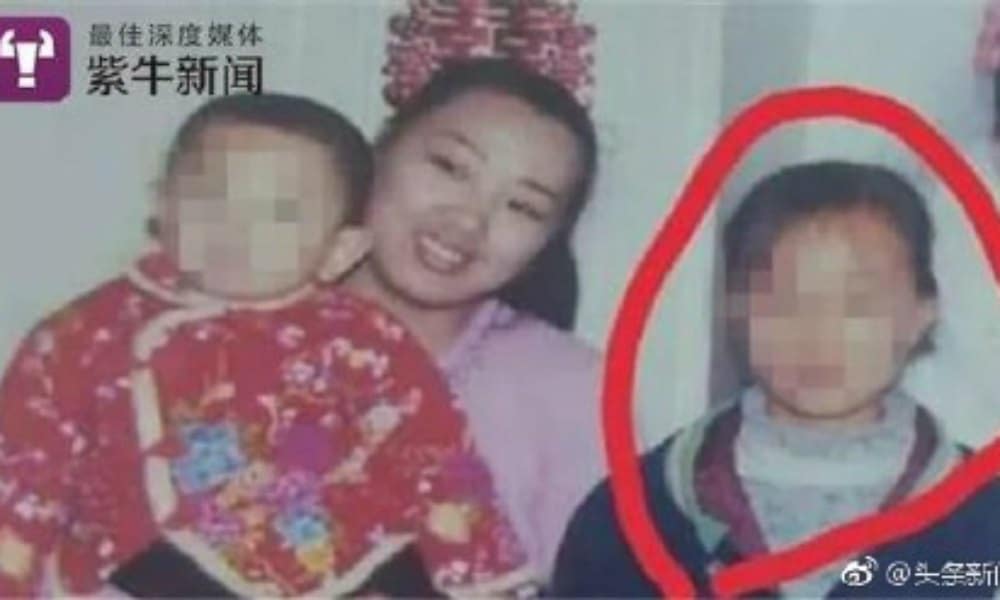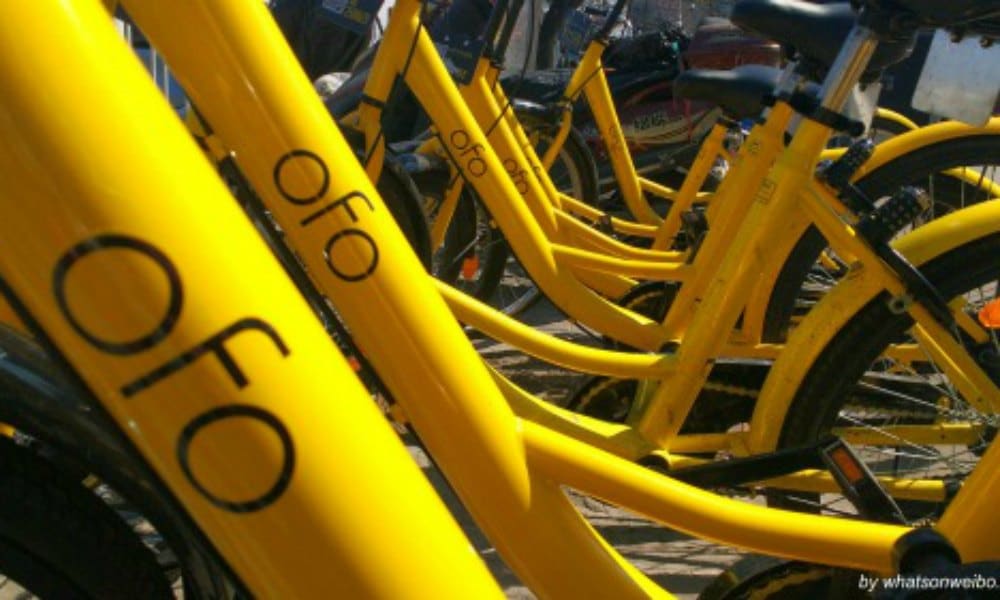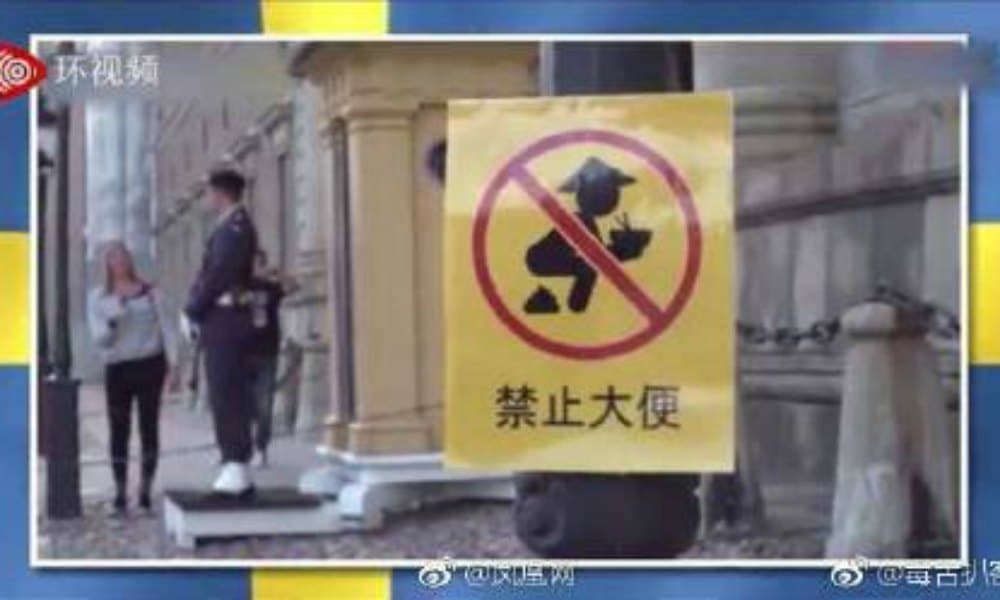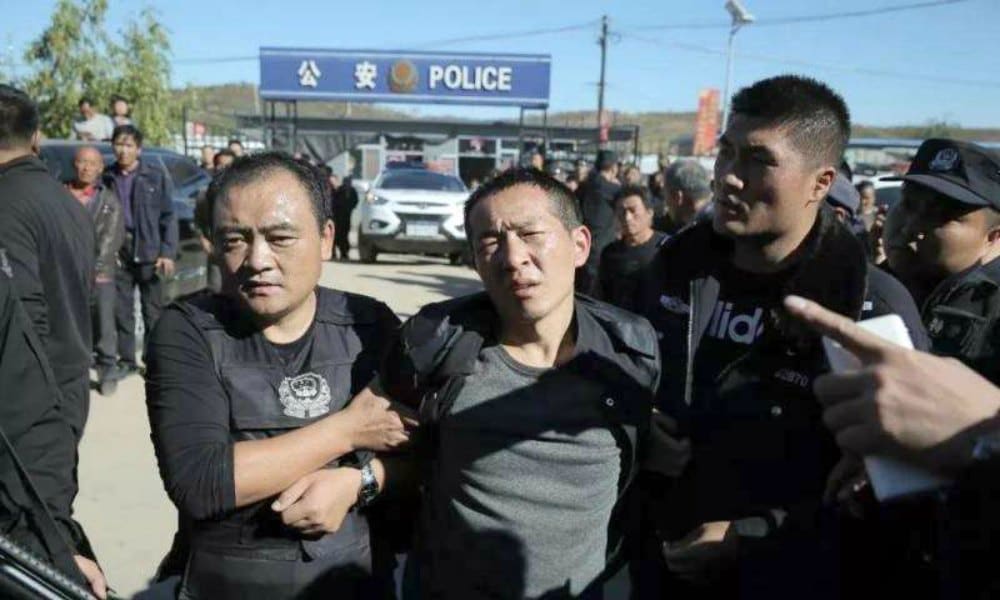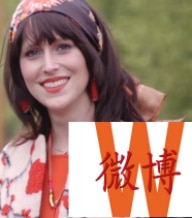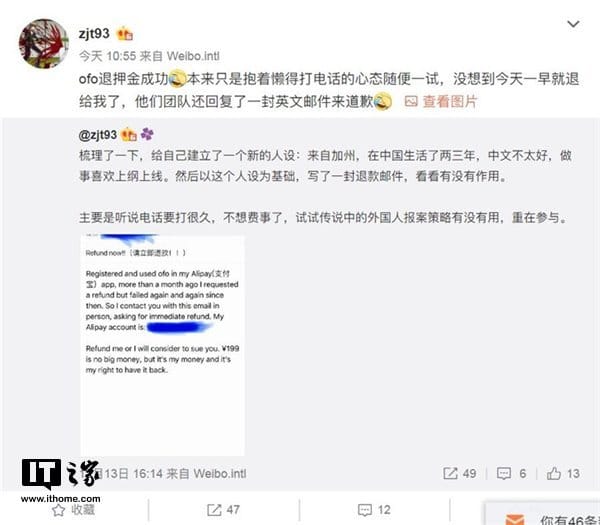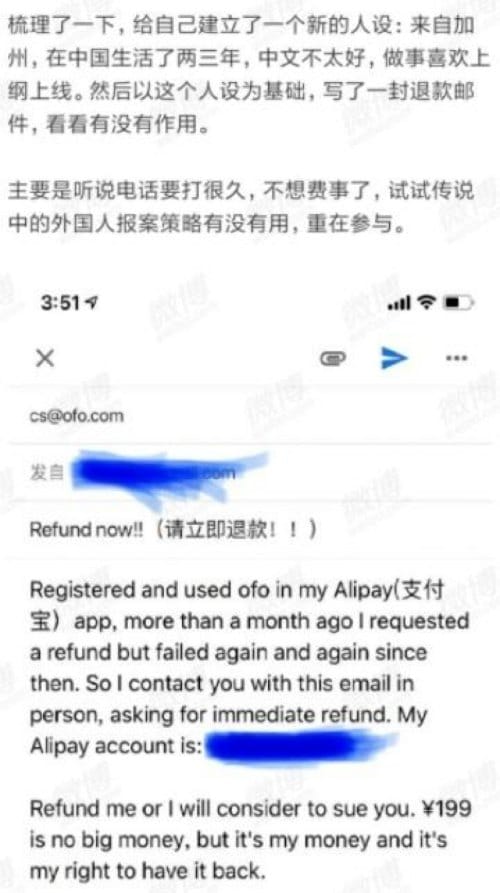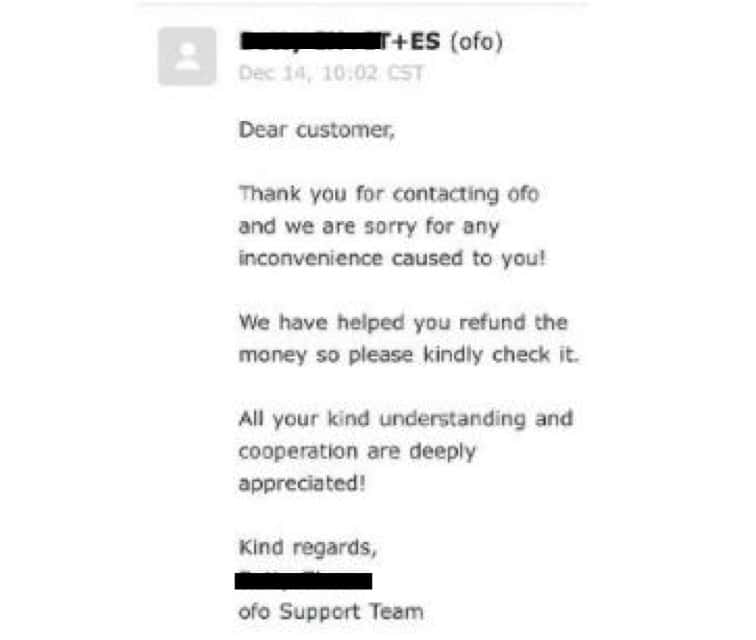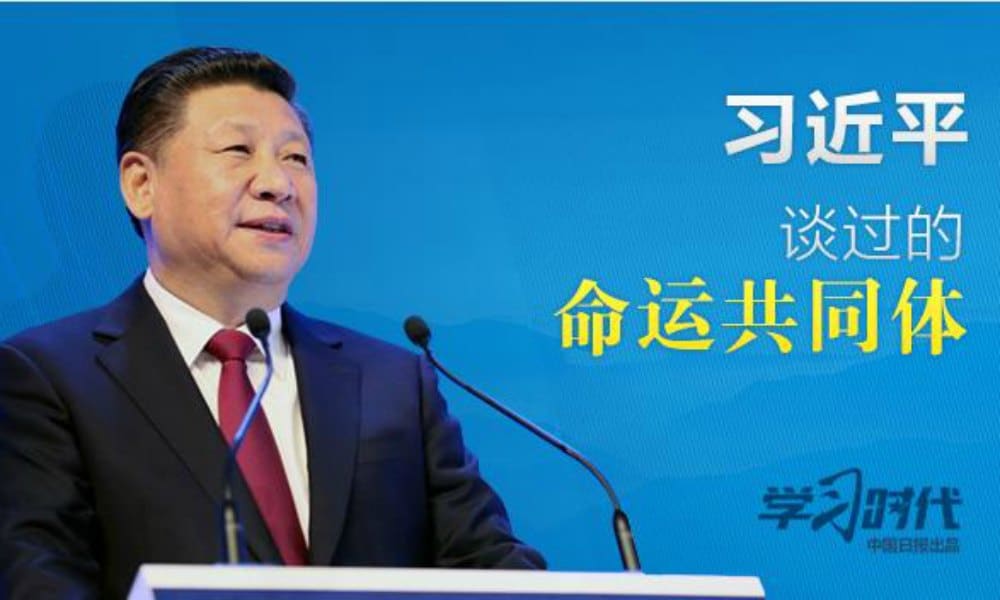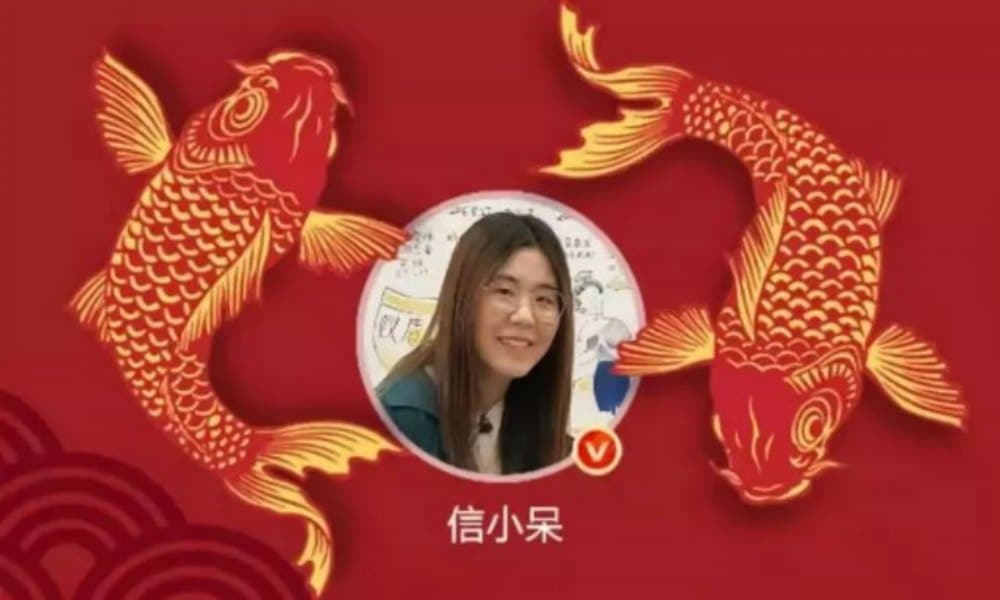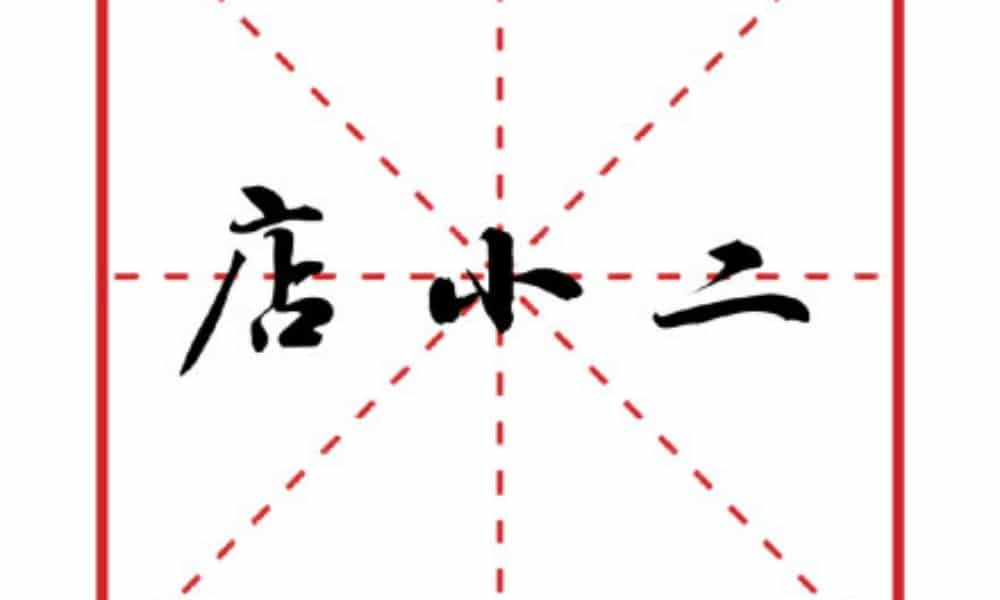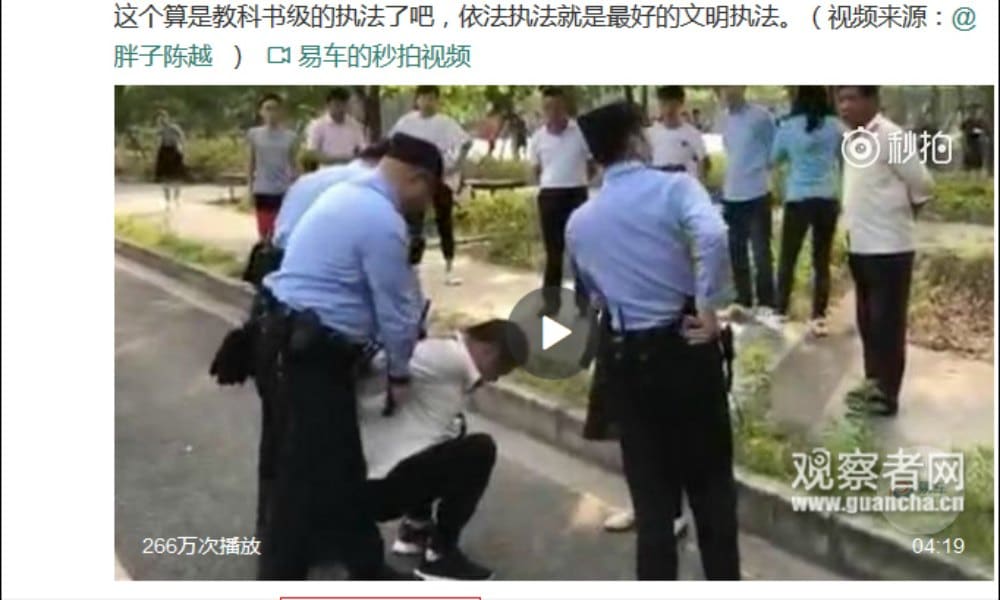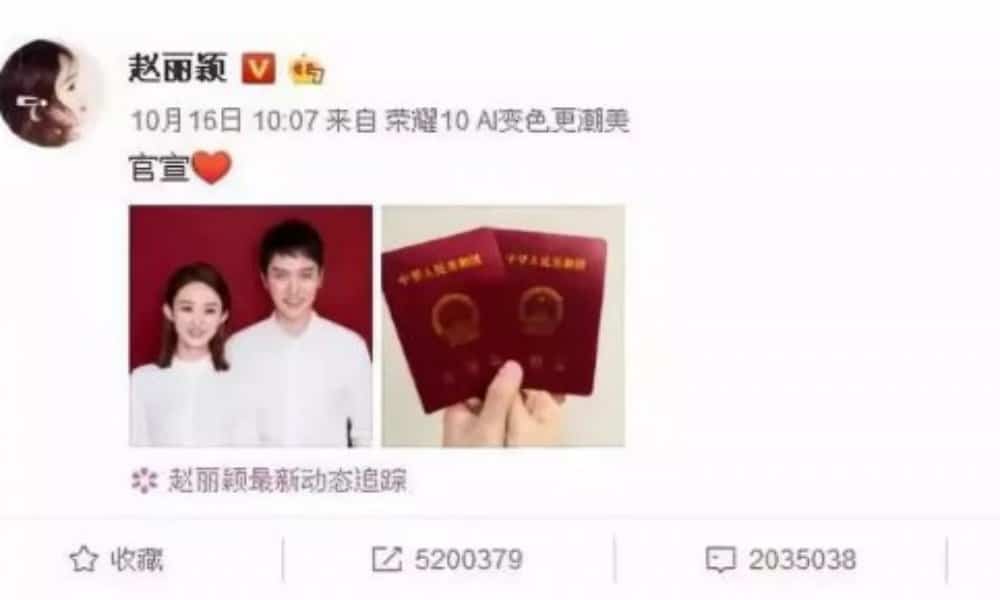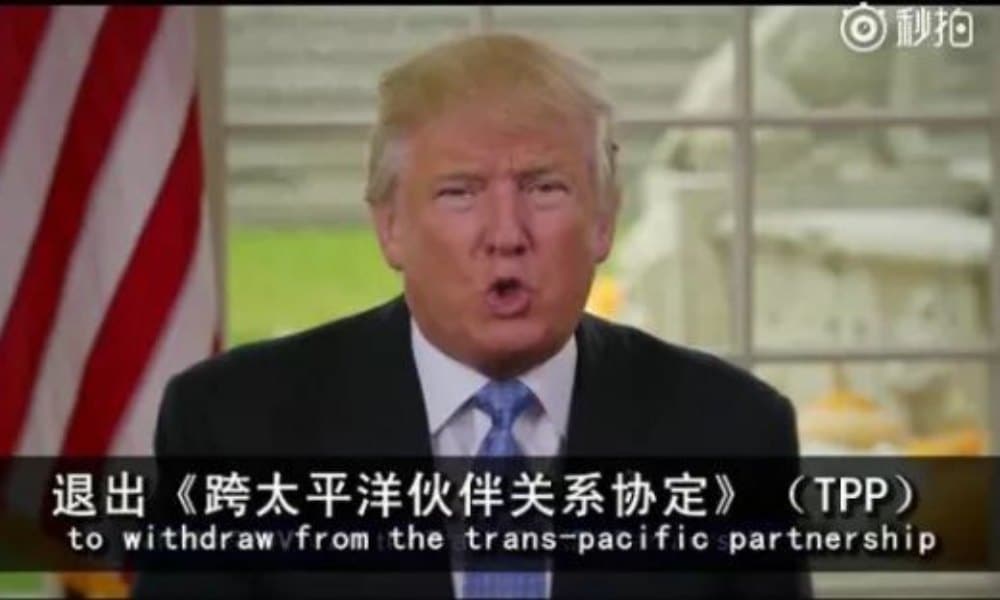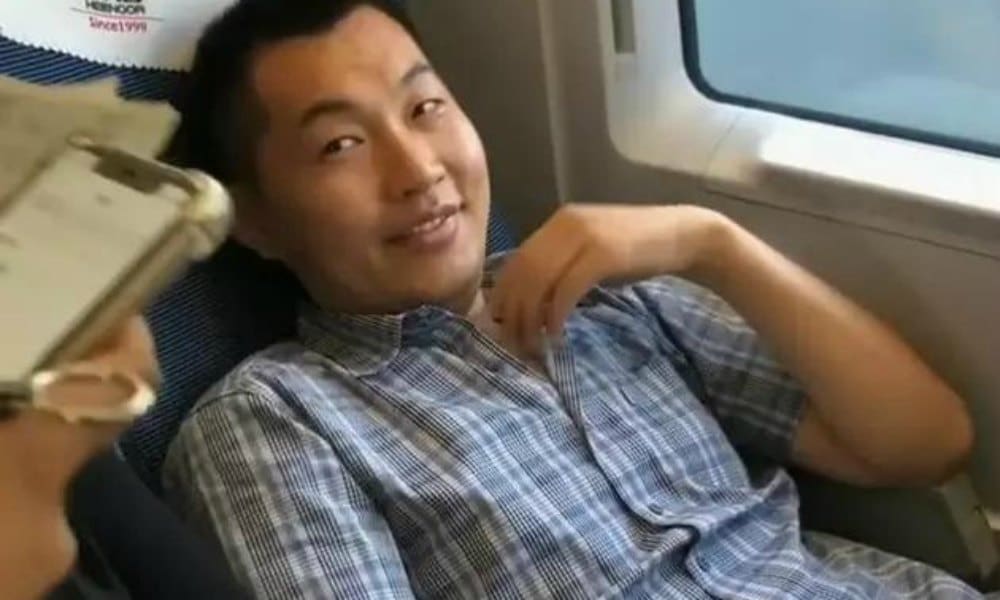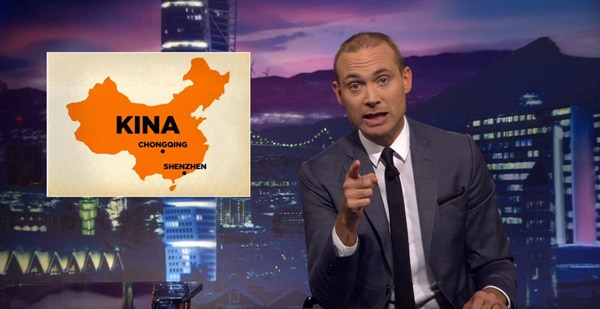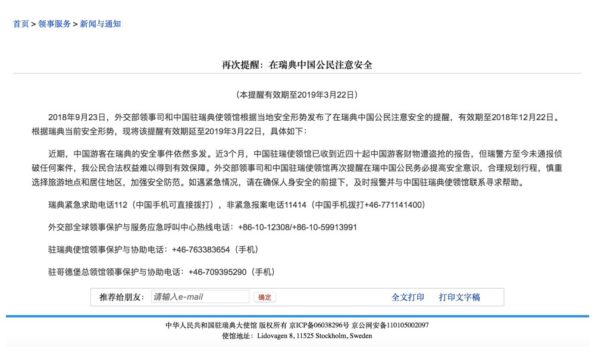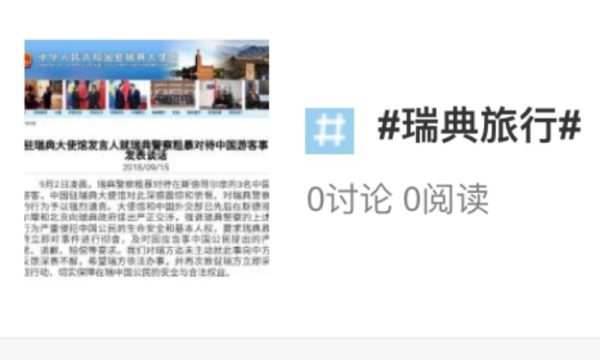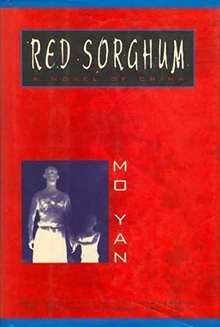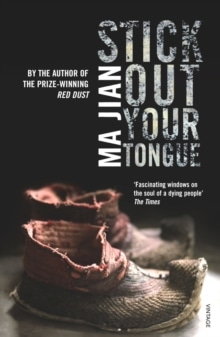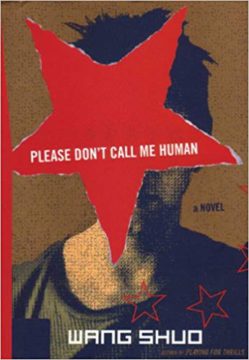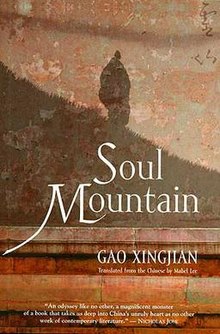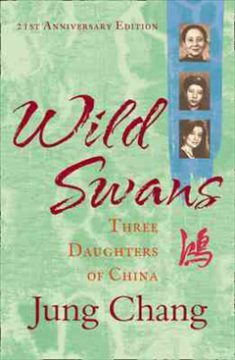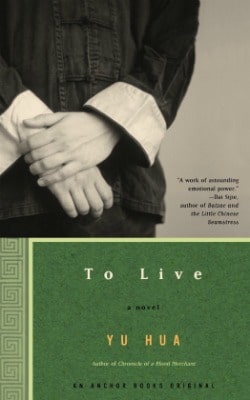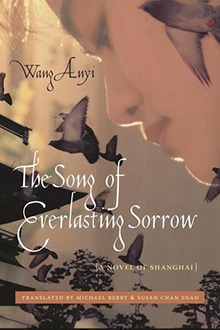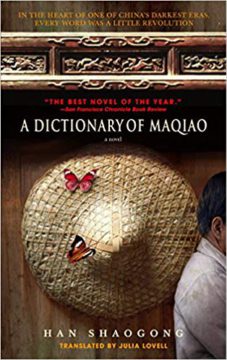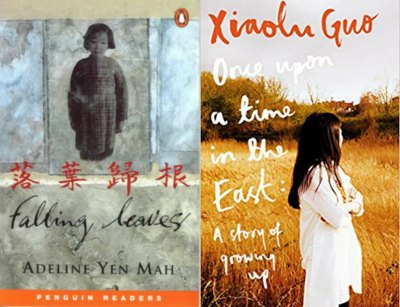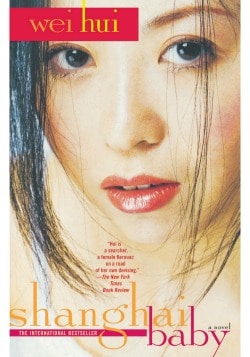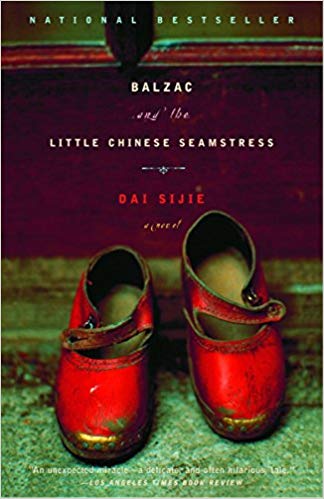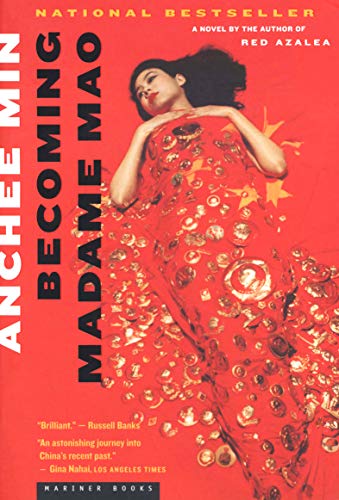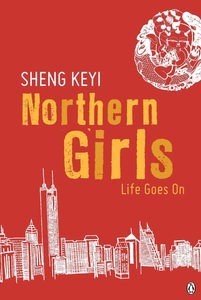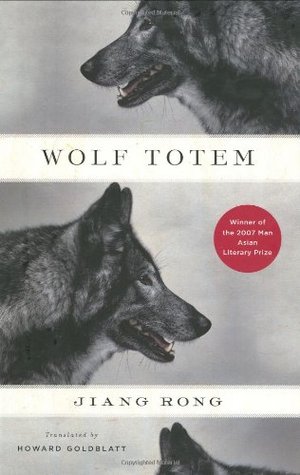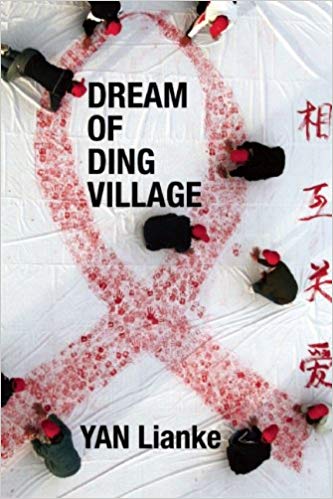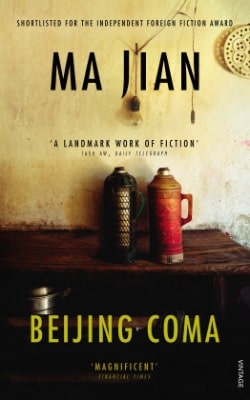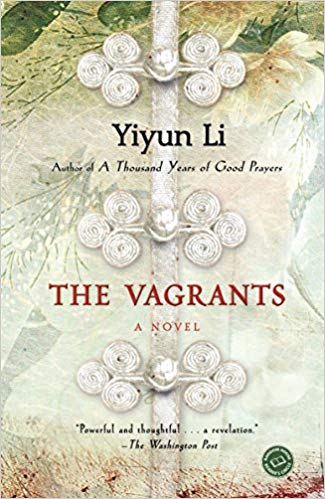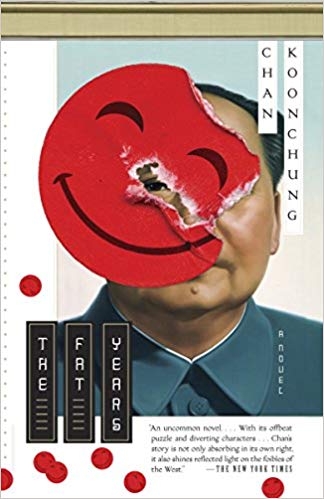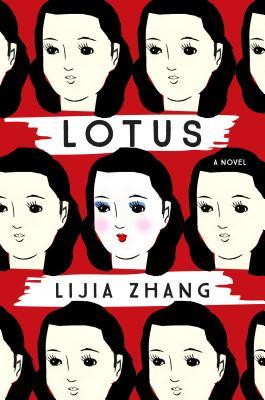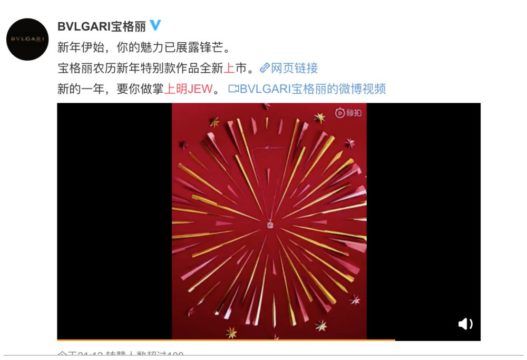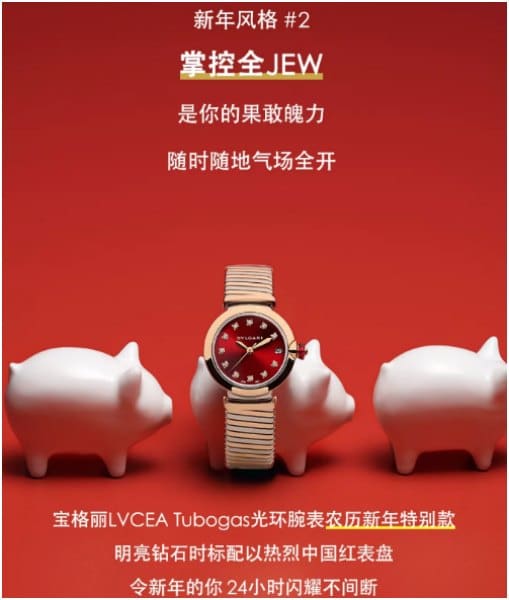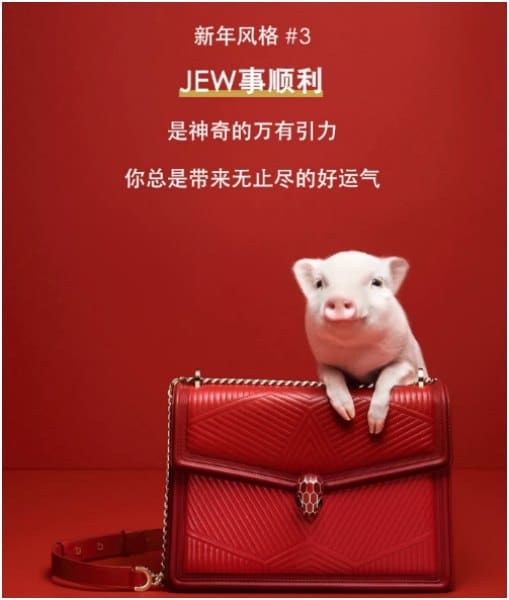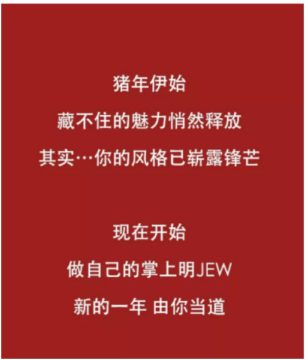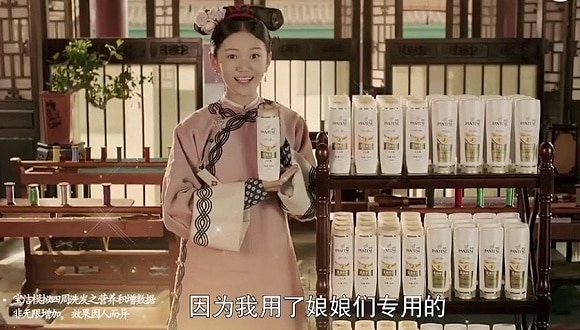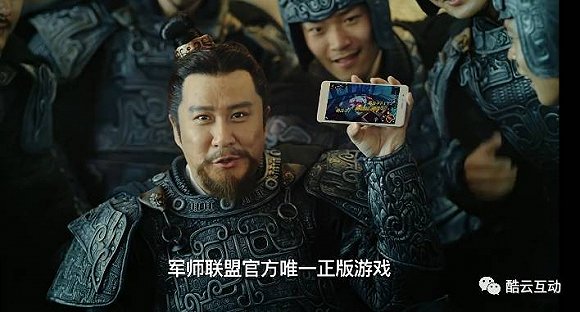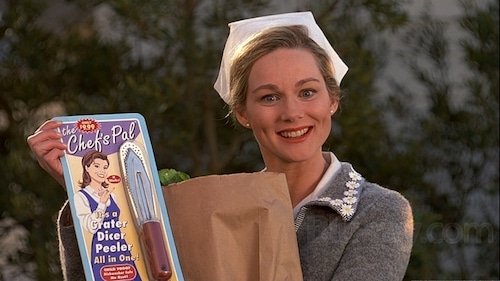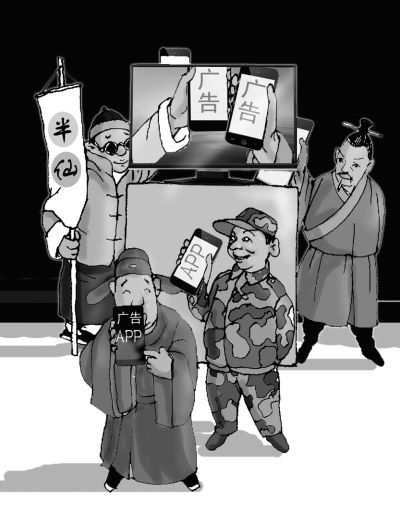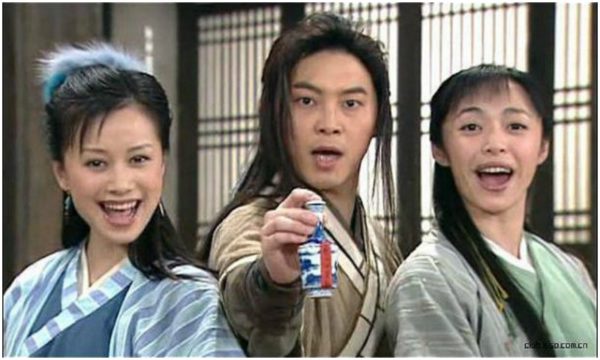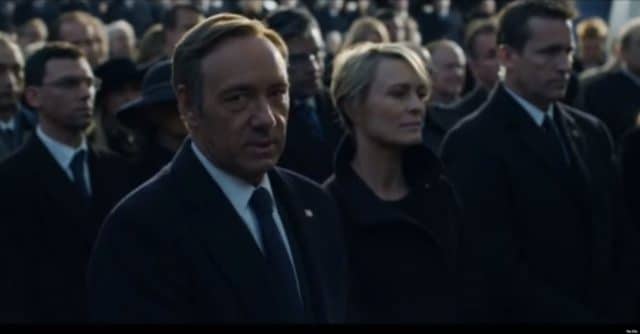Literature or modern fiction can be a great way to understand more about a country’s culture, history, or society, as it describes events, feelings, atmospheres, and personal stories in a way that history books or more scholarly accounts could never do. This is a top 25 modern fiction works on China compiled by What’s on Weibo as recommended reading to get a better understanding of present-day China.
After doing a Top 30 on Best (Non-Fiction) Books to Better Understand China, we felt it was high time to give you a list of recommendations of modern literary fiction works focusing on the People’s Republic of China (PRC) that also help to better understand the past and present of this rapidly changing society.
There are hundreds of novels and literary works out there on modern China, and a lot of them are written in Chinese, Japanese, French, Spanish, Dutch, and many other languages – but for the scope of this particular list, we have chosen just to focus on the modern fiction books that have come out in the English language. We leave out fictional works focused on specifically Hong Kong and/or Taiwan here, because a top 25 just would not be enough.
Also, due to the scope of this list, we have selected those works that have come out after 1978, the year of the ‘Reform and Opening Up’ of China, mainly because this period marks a new era in Chinese literature and literature on China. Note that this list does not necessarily focus on ‘Chinese literature’ but on ‘literary works on China’ in general.
The earlier years of modern China have seen so many great literary works that are absolutely pivotal for anyone studying China, Chinese literature, or wanting to understand its past century, from the works of Lu Xun to gems such as Miss Sophie’s Diary (1928) by Ding Ling, a Fortress Besieged (1947) by Qian Zhongshu, the works by Eileen Chang or Louis Cha (Jin Yong), that they deserve a list of their own.
These are the 25 books we have selected based on your recommendations and our own. The list is numbered based on the original year of publication. Note that we have provided Amazon links with these books, and most will be available for sale in the US/Europe and elsewhere, but we would also recommend checking out your local thrift stores, Oxfam stores, garage sales etc. because you might unexpectedly find some of these gems there (we sure did!).
● #1 Red Sorghum: A Novel of China (Mo Yan)
![]()
Year first published: 1986/1987 (红高粱家族), English translation 1992 by Howard Goldblatt
Red Sorghum by Mo Yan (莫言, real name Guan Moye, 1955) is a novel that has become very famous both in- and outside of China, one of the reasons being that the renowned director Zhang Yimou turned the novel into a movie in 1988. The novel tells the story of a family’s struggles spanning three generations in Shandong from the 1920s to the 1970s, through the Japanese occupation and the Cultural Revolution. The sorghum fields are constantly present throughout the book – it is the heart of the home, the provider of food and wine, and the battleground of war.
When Mo Yan became the winner of the 2012 Nobel prize in literature, some controversy erupted: Mo Yan is one of China’s most famous writers, but he is not a “social activist” or dissident, as many other internationally acclaimed Chinese artists and writers are. “Do cultural figures in China have a responsibility to be dissidents?” the Atlantic wrote in 2013. Perhaps the criticism was somewhat unfounded; after all, Mo Yan never asked to win the Nobel Prize. He said: “I hate partisan politics and how people gang up on opponents based on ideology. I like to come and go on my own, which allows me to look on from the sidelines with a clear mind and gain insight about the world and the human condition. I don’t have the capability or interest of becoming a politician. I just want to write, quietly, and do some charity work in secret. “ Mo Yan is also active on Weibo, where he sporadically shares his calligraphy.
Get on Amazon: Red Sorghum
Also worth reading by the same author:
● #2 Stick Out Your Tongue (Ma Jian)
![]()
First published in 1987 (亮出你的舌苔或空空荡荡), English translation by Flora Drew
This book by the exiled author Ma Jian (马建, 1953) definitely deserves a place on this list, even if it was just for the controversy it triggered once it was published. The publication of Stick Out Your Tongue sparked off the notorious “Ma Jian Affair,” which has since been called one of the biggest scandals in modern Chinese literature; it led to an immediate ban on the book within mainland China. Stick Out Your Tongue was targeted as an anti-nationalistic book for being “vulgar, obscene,” and for “defaming the image of [our] Tibetan compatriots” (Koetse 2009).
Stick Out Your Tongue (SOYT) resumes where Red Dust, Ma Jian’s first book, left off, for which the author traveled to Tibet and wrote a book about his experiences. SOYT is almost a dream-like novel. Short stories sketch a dark image of remote grasslands and dilapidated temples; a secretive, haunted place. The book tells about how an aging pilgrim reveals why he gave everything away in a Buddhist penance before walking into the mountains to die. Other stories tell about incest and rape. Although SOYT enraged both Han Chinese and Tibetans, Ma Jian said about the book: “The need to believe in an earthly paradise, a hidden utopia where men live in peace and harmony, seems to run deep in among those who are discontented with the modern world. Westerners idealize Tibetans as gentle, godly people untainted by base desires and greed. But in my experience, Tibetans can be as corrupt and brutal as the rest of us. To idealize them is to deny them their humanity” (89).
Get on Amazon: Stick Out Your Tongue
● #3 Please Don’t Call me Human (Wang Shuo)
![]()
First published 1989 (千万别把我当人), English translation 2000 by Howard Goldblatt
Wang Shuo (王朔, 1958) is one of China’s most popular and controversial authors, and is known as “the idol of rebellion for the youth” and a ‘celebrity writer’: most of his works have been turned into movies or TV series (Yao 2004, 432). Because of his cynism and bashing of literature elite, he became known as a “hooligan” writer who is quoted as saying things as: “The key is to make sure you f*ck literature and don’t let literature f*ck you.”
Please Don’t Call Me Human is a satirical and surreal novel on “the worthlessness of the individual in the eyes of the totalitarian state” (Abrahamsen 2011) as the author writes about an Olympic-like Wrestling Competition where China is determined to win at any cost and where the so-called National Mobilization Committee strives to find a man to reclaim China’s honour and defeat the big western wrestler.
Get on Amazon here
Also recommended by this author:
● #4 Soul Mountain (Gao Xingjian)
![]()
First published: 1990 (灵山), English translation 2001 by Mabel Lee
Gao Xingjian (高行健, 1940), who is best known for his Soul Mountain, won the Nobel Prize in Literature in 2000. Unlike his fellow Nobel Laureate Mo Yan, Gao already left China in 1987, and later became a French citizen (He 2016).
Soul Mountain is largely autobiographical, based on the author’s 1983 remote travels to remote areas along the Yangtze river. The protagonist of the narrative is on a journey to find the fabled mountain Lingshan (Soul Mountain), and along the way, he collects stories, lovers, and spiritual wisdom. The characters in the book are unnamed; instead, they go by pronouns such as “I”, “you” or “she,” detaching them from their personal names, harboring bigger stories about the origins of humankind and Chinese culture.
Get on Amazon: Soul Mountain
Also recommended by the same author:
● #5 Wild Swans: Three Daughters of China (Jung Chang)
![]()
Year first published: 1991
Practically every garage sale or thrift shop nowadays has a copy of Wild Swans lying around since its immense success in the 1990s. The book is often categorized as non-fiction, but reads like a literary novel, and cannot not be on this list; it is an account of the tumultuous Chinese 20th century from the perspective of three generations of women.
Wild Swans is sometimes called an example of ‘scar literature’ (伤痕文学), a genre that came up after the end of the Cultural Revolution in which authors shared the pain suffered by people during the 1960s, and which basically started with the publication of Lu Xinhua’s 1978 story “Scar.” Whether or not Wild Swans belongs in this category is up to debate, but what is undeniable is that this book offers a glimpse into an incredible time in the history of China in a personal and captivating way that formal history books could never do. An absolute recommendation for anyone who wants to know more about how the Cultural Revolution and the period before and after affected Chinese women, families, and society at large.
Get on Amazon: Wild Swans: Three Daughters of China![]()
● #6 To Live (Yu Hua)
![]()
Year first published: 1993 (活着), English translation 2003 by Michael Berry
To Live by Yu Hua (余华, 1960) is the novel that was most recommended to What’s on Weibo by readers upon asking for people’s favorite China books. The book has become an absolute classic, and follows the life of Fugui, a spoiled son of a wealthy landlord, who is changed forever after witnessing and experiencing the hardships of the Civil War and Cultural Revolution.
In 1994, this novel was used for the screenplay of the film by Zhang Yimou, starring Gong Li, which was later denied a theatrical release in mainland China due to its critical portrayal of various policies and campaigns of the Communist government.
Buy via Amazon: To Live
Other recommend works by the same author:
● #7 Song of Everlasting Sorrow: A Novel of Shanghai (Wang Anyi)
![]()
First published in 1995 (长恨歌), English translation 2008 by Michael Berry & Susan Chan Egan
Wang Anyi (王安忆, 1954) is one of China’s most popular female authors, and The Song of Everlasting Sorrow is among her most famous works. The book traces the life story of the young Shanghainese girl Wang Qiyao from the 1940s, when Gone with the Wind played in Shanghai theatres, until her tragic death after the Cultural Revolution, in the 1980s.
The city of Shanghai is at the heart of this book – its rooftops, its skyline, its birds, moonlight, sunsets its girls, and its gossip.
Get on Amazon here
● #8 A Dictionary of Maqiao (Han Shaogong)
![]()
Year first published 1996 (马桥词典), English translation 2003 by Julia Lovell
Han Shaogong (韓少功, 1953) is a celebrated Chinese author who is also known as the leading figure within the 1980s ‘Xungen movement’ (寻根文学: literally ‘Finding Roots Literature’), a cultural and literary movement in mainland China in which writers started to focus on local and minority cultures as a new source of inspiration.
The narrative of A Dictionary of Maqiao takes places in an imaginary village in Southern China called ‘Maqiao.’ It is written as a dictionary, in which the author explains the words of the local language, and in doing so, tells the stories of rural China during the Cultural Revolution.
Get on Amazon here
● #9 Ocean of Words (Ha Jin)
![]()
First published in 1996
This collection by Ha Jin (哈金, 1956, real name Jin Xuefei) won the 1997 PEN/Hemingway Award for best first work of fiction. Ha Jin was born in Liaoning, China, but emigrated to the US after studying in Massachusetts during the 1989 Tiananmen protests. Ha Jin is now an American national who writes in English.
Ocean of Words is a collection of short stories that all take place at the border between China and Russia during the early 1970s, after a series of border clashes, and focus on the soldiers of the People’s Liberation Army (PLA). Not coincidentally, Ha Jin also served the PLA himself from the age of 14, and spent a year at the Russian border.
Get on Amazon: Ocean of Words
Also recommended by the same author:
● #10 Falling Leaves (Adeline Yen Mah) and Once Upon a Time in the East (Xiaolu Guo)
![]()
Years published: Falling Leaves in 1997 and Once Upon a Time in the East 2017
These are two books under one number, since we did not want to choose one over the other; these female authors have a lot in common despite their different ages and backgrounds, and this also shows in their books.
Adeline Yen Mah (马严君玲, 1937) and Xiaolu Guo (郭小橹, 1973) are two female authors of a very different generation, but in these works, they both very much focus on their family stories and their struggle to find their own independence and voice. Although these works do give a peek into some parts of Chinese history, they are more about Chinese family dynamics and culture.
Adeline Yen Mah is a Chinese-American author who was born in Tianjin. Her mother died of childbed fever soon after giving birth to her, which was to be the start of a difficult and abusive childhood for Yen Mah, who grew up with her sisters, her fathers, and her cruel Eurasian stepmother. It is Yen Mah’s own story that is the focus of Falling Leaves.
Xiaolu Guo is a British-Chinese author who was born in 1973 and then handed over to a childless peasant couple in the mountains by her parents. Aged two, and suffering from malnutrition, Xiaolu is left with her illiterate grandparents in a fishing village on the East China Sea, and does not meet her own parents until she is almost seven years old. Once Upon a Time in the East is written from the perspective of a forty-year-old Xiaolu, who lives in London and is now becoming a mother herself, and has the urge to revisit her past memories and roots of the past, that now seems like a “foreign country” to her.
Get: Falling Leaves: The Memoir of an Unwanted Daughter
Get: Once Upon A Time in the East: A Story of Growing up![]()
● #11 Shanghai Baby (Wei Hui)
![]()
Year first published: 1999 (上海宝贝), English translation 2001 by Bruce Humes
This is arguably one of the more controversial novels on this list, since it has sparked many discussions since its publication in the early years of the millennium, with many deeming it a “disgrace to Chinese culture” and a “shame to Chinese men.”
One of the reasons this book by Wei Hui (周卫慧, 1973) deserves attention is because it represents a genre of literature written by young female authors, known as ‘Beauty Writers’ (美女作家) who focused on topics generally deemed taboo in China around 2000. This book touches upon topics such as female orgasm, menstruation, oral sex, and other things that were somewhat rare to read about in modern Chinese novels before this time.
The novel revolves around the everyday life of the 25-year-old aspiring writer Coco, who works as a waitress in downtown Shanghai. The book, that is written as if it were the protagonist’s own diary, focuses on Coco’s life, her ambitions, (foreign) boyfriends, erotic encounters, and most importantly, on the city itself and the sexual awakening of a young Chinese writer on her way to success.
Buy via Amazon: Shanghai Baby a Novel
● #12 Balzac and the Little Chinese Seamstress (Dai Sijie)
![]()
Originally published in 2000 (Balzac et la petite tailleuse chinoise), English translation by Ina Rilke
Dai Sijie (戴思杰, 1954) is a Chinese–French author and filmmaker who, as several authors on this list, was sent down to a ‘re-education camp’ in rural Sichuan during the Cultural Revolution. Much of his experience there was used in his book.
Balzac and the Little Chinese Seamstress is a captivating account that tells the story of two young men who become good friends with a local seamstress while spending time in a countryside village where they have been sent for “re-education” during the Cultural Revolution. Instead of a passion for Mao, they discover their love for (western) literature.
Get on Amazon here
Recommended by the same author:
● #13 Candy (Mian Mian)
![]()
Year first published: 2000 (糖), English translation 2003 by Andrea Lingenfelter
Just as the author of Shanghai Baby, Mian Mian (棉棉, 1970) is also one of China’s so-called ‘Beauty Writers’ (美女作家), whose works are characterized by its focus on the stories of a young urban female generation, leading a wild and extravagant lifestyle. For Shanghai Baby, Candy, but also for works such as Beijing Doll (2002, Chun Sue), it meant that their boldness soon also resulted in banishment within the PRC.
Candy tells the story of a young female high-school dropout who runs away to Shenzhen, where her new life is clouded by alcohol and drugs. About the book, the author writes: “This book exists because one morning as the sun was coming up I told myself that I had to swallow up all of the fear and garbage around me, and once it was inside me I had to transform it all into candy.”
Although it has been somewhat quiet around the author since her smashing debut and her lawsuit against Google, Mian Mian is still active on Weibo.
Buy: Candy by Mian Mian
● #14 Becoming Madame Mao (Anchee Min)
![]()
Year first published 2000
Anchee Min (閔安琪, 1957) is a Chinese-American author who is known for her works in which she focuses on strong female characters. Becoming Madame Mao is a historical novel, that uses letters, poems, and quotations from original documents, detailing the life of Jiang Qing.
Jiang Qing, who is known as one of China’s most ‘evil women’, became ‘Madame Mao’ after her marriage to Mao Zedong. In this novel, Min shows another side of one of the most controversial political figures in the People’s Republic of China.
Get online: Becoming Madame Mao
Recommended by the same author:
● #15 Mao’s Last Dancer (Li Cunxin)
![]()
First published 2003
Just as a few other books on this list, such as Jung Chang’s Wild Swans, this book officially is not ‘fiction,’ since it is an autobiography – but it still reads like a novel. Li Cunxin (李存信, 1961) is a Chinese-Australian former ballet dancer whose intriguing life story is what this book is about. Li is selected to be trained as a ballet dancer at Madame Mao’s Beijing Dance Academy when he is just a young boy, and later gets the chance to travel to America as a visiting student, where he begins to question the Chinese Communist doctrines which he has been raised with.
Many people might know this book because of the film based on this work, directed by Bruce Beresford, that came out in 2009.
Buy online: Mao’s Last Dancer
● #16 Northern Girls (Sheng Keyi)
![]()
First published in: 2004 (北妹), English translation 2012 by Shelly Bryant
Sheng Keyi (盛可以, 1973) is among one of China’s newer generations of writers who focus on modern China. Like protagonist Qian Xiaohong in her book, Sheng was also born in a village in Hunan province and then worked and lived in Shenzhen. Staying close to her own experiences, this coming-of-age novel is about a community of fellow rural ‘northern girls’ in a search of a better life in the bustling city.
Amazon has it here
● #17 Wolf Totem (Jiang Rong)
![]()
First published in 2004 (狼图腾), English translation 2008 by Howard Goldblatt
Wolf Totem is an award-winning semi-autobiographical novel about the experiences of a young student from Beijing who is sent to the countryside of Inner Mongolia during the Cultural Revolution. He lives with nomadic Mongols and learns from them, but also finds himself fascinated with the wolfs of the grasslands; their survival is threatened when are attacked by the government as ‘class enemies.’ The book became highly popular in China shortly after it was published, and more than a decade later, it still is very popular, especially since a film based on the novel came out in 2015.
Author Jiang Rong (姜戎 1946, real name Lü Jiamin) is very familiar with Inner Mongolia, as he went there at the age of 21 as “sent down youth,” and stayed there for eleven years. Wolf Totem is not just partly based on his experiences there, it is also a social commentary on the dangers of China’s economic growth and the destruction of culture, spirituality, and ecology.
To buy: Wolf Totem – a Novel
● #18 Dream of Ding Village (Yan Lianke)
![]()
First published in 2005 (丁庄梦), English translation 2009 by Cindy Carter
Yan Lianke (阎连科, 1958) is a leading author of modern Chinese literature; he is also called the Chinese author (inside of China) who has come closest to winning the Nobel Prize after Mo Yan. Dream of Ding Village was originally published in China, but then got banned. The narrative is about a place where poverty-stricken villagers are coerced into selling their blood and are subsequently infected with HIV by contaminated plasma injections. Although the book is fiction, these kinds of scandals, unfortunately, have taken place. Noteworthy enough, a Chinese film based on Yan’s (banned) book was made in 2011, called Love for Life (最爱).
About his work, Yan said in 2018: “China’s reality is complex and irrational. The people are always under the nation, their existence burdened by its great weight (..) I have been writing about people living under these circumstances, and believe my overseas readers can learn something universal from my stories about China.”
Buy: Dream of Ding Village
● #19 Leave Me Alone: A Novel of Chengdu (Murong Xuecun)
![]()
First published in 2006 (成都,今夜请将我遗忘), English translation 2013 by Harvey Thomlinson
Murong Xuecun (慕容雪村, 1974, real name Hao Qun) is one of the younger authors in this list, whose debut Leave Me Alone: A Novel of Chengdu instantly made him famous and was long-listed for the Man Asian Literary Prize in 2008. The contemporary novel is focused on the lives of three young men who struggle to make their way in the dynamic city of Chengdu where gambling, womanizing, corruption, and cheating have become part of their everyday lives.
Murong Xuecun is known as an anti-censorship activist who reportedly had 8.5 million followers on his Weibo microblog accounts before they were forcibly closed. For an excerpt of the book see The New York Times here.
Buy online: Leave Me Alone
● #20 The Flowers of War (Yan Geling)
![]()
Year published: 2006 (金陵十三钗), English translation 2012 by Nicky Harman
Many people might have heard of The Flowers of War because of the film by Zhang Yimou, who has often made films based on Chinese literary works by authors such as Mo Yan, Yu Hua, or Su Tong. This novella by Geling Yan (严歌苓, 1958), inspired by the diaries of Minnie Vautrin, is set in Nanjing during the gruesome history of the 1937 Japanese invasion, also known as the ‘Rape of Nanjing.’ This story focuses on an American church compound in the ‘safety zone’ where a group of escapees tries to survive the violent invasion of the city.
The Nanjing massacre is deeply engraved into China’s collective memory, and stills plays a major role in Chinese art, literature, popular culture, and politics.
Geling Yan is one of the few authors in this list that is also active on Weibo.
Buy via Amazon: here
Other recommended works by the same author:
● #21 Happy Dreams (Jia Pingwa)
![]()
First published in 2007 (高兴), English translation 2017 by Nicky Harman
Jia Pingwa (贾平凹, 1952) is one of China’s most prominent authors, and this imaginative work, that came out in English in 2017, focuses on the tough lives of China’s migrant workers. The story is set in Xi’an and focuses on trash picker Hawa “Happy” Liu, a rural laborer who has arrived in the city in search of work, and his friend and fellow villager Wufu.
To buy: Happy Dreams
Also recommended by the same author:
● #22 Beijing Coma (Ma Jian)
![]()
Year Published: 2008, translated by Flora Drew
Beijing Coma tells the compelling story of Dai Wei, who lies in a coma in his mother’s flat in Beijing, whose memories “flash by like the lighted windows of a passing train” as we as readers are sucked into the pages – going back to those dorms days and discussions that eventually led to the massive Tiananmen student protests of 1989.
Buy via Amazon here: Beijing Coma
Also must-read by the same author (who also just released his new book China Dream (2018)!):
● #23 The Vagrants (Yiyun Li)
![]()
First published 2009
This is the debut of the award-winning Chinese American author Yiyun Li (李翊雲, 1972), which takes place the late 1970s China in an impoverished rural town named Muddy River, where two parents wake up the day their daughter Gu Shan gets executed as a ‘counterrevolutionary.’ The book is dark and gripping, focusing on a world of oppression and pain, as it tells the stories of a group of very different characters who are all connected to each other.
About her writing style, Li told an interviewer: “People would say I portray the world in a bleak way. It’s not bleak to me. I think what is bleak is when you create a veil to make the world feel better. Literature is one place we should be able to experience bleakness and brightness and anything in between. Literature should not make people feel comfortable, it should challenge the readers.”
Get on Amazon: The Vagrants: A Novel
● #24 The Fat Years (Chan Koonchung)
![]()
First published in: 2009 (盛世——中国,2013年), English translation 2011 by Michael S. Duke
The Fat Years is a science fiction book that tells of a dystopian future of China and its political landscape by Chinese author Chan Koonchung (陈冠中, 1952), and for many people, it’s one of the more important China fiction books that have come out the past decade. “After the world’s second financial crisis in 2013, the government clings to power only after it sends troops into the streets for a month of bloody killing. Finally, the government laces the water with a chemical that makes people feel happy and eager to spend money” (Johnson 2011). The book has never come out in mainland China.
China columnist Didi Kirsten Tatlow said about The Fat Years: “Rarely does a novel tell the truth about a society in a way that has the power to shift our perceptions about that place in a certain way, but ‘The Fat Years’ does exactly that.”
Get via Amazon: The Fat Years
● #25 Lotus (Lijia Zhang)
![]()
First published in 2017
Lijia Zhang (张丽佳, 1964) is an internationally acclaimed author and public speaker. Inspired by the secret life of the author’s grandmother, who was sold to a brothel at age 14, Lotus follows the life of a young prostitute in an urban China that is rapidly changing.
Zhang has called the subject of prostitution “an interesting window to observe/explore social tensions” in China. Recommended by the same author is her memoir Socialism Is Great!: A Worker’s Memoir of the New China. Also check out this interview with Lijia Zhang on the WAGIC website.
Get on Amazon: Lotus
Some bonus recommendations:
Running Through Beijing by Xu Zechen (徐则臣, 1978)
(First published 2008, 跑步穿过中关村, 2014 transl. Eric Abrahamsen)
Invisible Planets: Contemporary Chinese Science Fiction in Translation
(By Ken Liu 2016)
A Private Life by Chen Ran (陈染, 1962)
(First published 1996, 2004 transl. John Howard-Gibbon)
Raise the Red Lantern / Wives and Concubines by Su Tong (苏童, 1963)
(First published 1990 妻妾成群, 2004 transl. Michael S. Duke)
Beijing Doll – A Novel by Chun Sue (春树)
(First published 2002 北京娃娃, 2004 transl. Howard Goldblatt)
Don’t forget to check out our top 30 of best non-fiction books on China.
By Manya Koetse
Note that due to the scope of this list we’ve applied several criteria. Books selected in this list are:
- ..translated into English or written in English.
- ..literary fiction works that take place in the People’s Republic of China, or in which Chinese modern history and/or society is an important theme, and that are relevant for people in getting a better grasp of Chinese history, society, urbanization, gender, literature, family relations etc.
- ..not necessarily written by mainland Chinese authors, not necessarily originally written in Chinese.
- ..published after 1978.
This list was compiled based on own preferences and that of many readers whom we asked about their favorite books within this category. If you think certain books are not here that should be here, please let us know and we might compile a second list in the future.
References
Abrahamsen, Eric. 2011. “Irony Is Good! – How Mao killed Chinese humor … and how the Internet is slowly bringing it back again.” Foreign Policy, January 12 https://foreignpolicy.com/2011/01/12/irony-is-good/ [24.12.18].
He Chengzhou. 2016. “Gao Xingjian’s Individualistic Revolt: Fiction, Biography, and Event.” MFS Modern Fiction Studies 62, no. 4: 627-643. https://muse.jhu.edu/ (accessed December 23, 2018).
Johnson, Ian. 2011. “On the Party Circuit, and Upsetting the Party.” New York Times, July 29 https://www.nytimes.com/2011/07/30/world/asia/30chan.html [27.12.18].
Koetse, Manya. 2009. “‘Stick Out Your Tongue’: A Banned Book on the Health of a Nation.” Essay [Universiteit Leiden], published online December 2012: https://www.manyakoetse.com/stick-out-your-tongue-a-banned-book-on-the-health-of-a-nation/.
Yang, Lan. 1998. Chinese Fiction of the Cultural Revolution. Hong Kong: Hong Kong University Press.
Yao, Yusheng. 2004. “The Elite Class Background of Wang Shuo and His Hooligan Characters.” Modern China 30, no. 4 (2004): 431-69.
Spotted a mistake or want to add something? Please let us know in comments below or email us.
©2018 Whatsonweibo. All rights reserved. Do not reproduce our content without permission – you can contact us at info@whatsonweibo.com
The post Top 25 Best Fiction Books on China: Understanding Contemporary China through Modern Literary Fiction appeared first on What's on Weibo.
